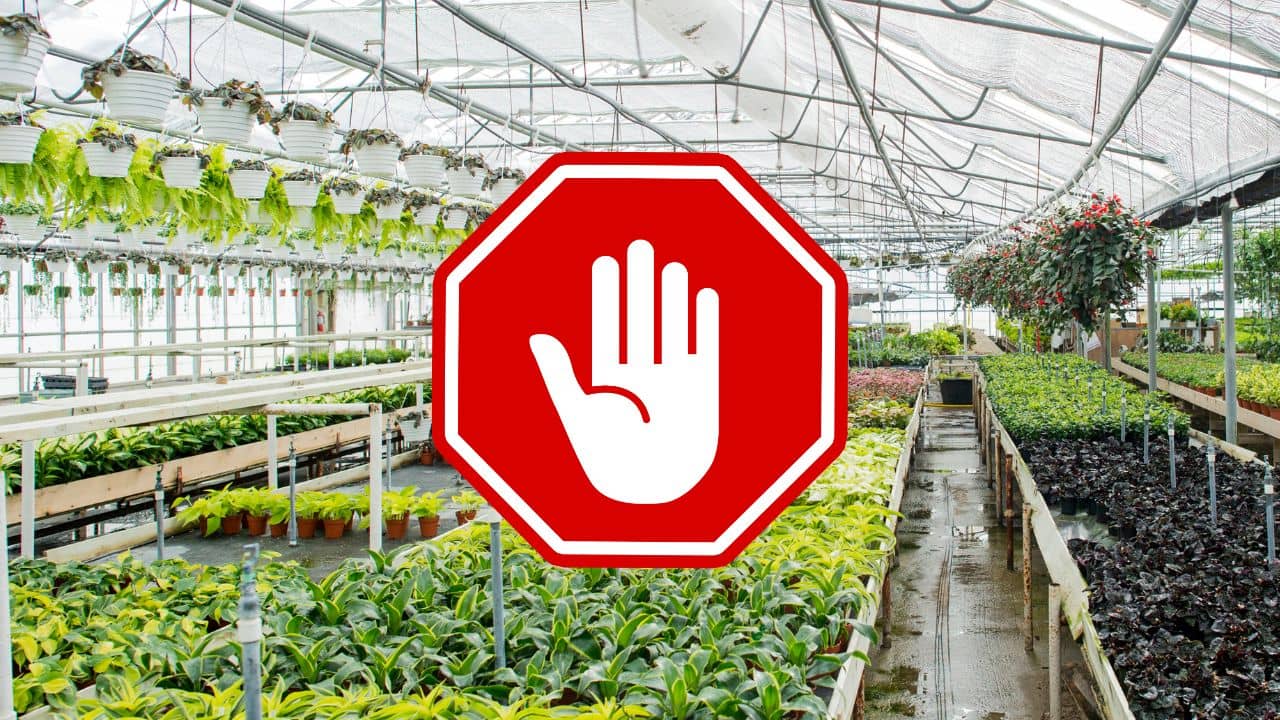
Breach of Biosecurity: $42,500 Fine for Quarantine Violation
2-minute read
A Christchurch nursery and its director have been fined $42,500 for breaching New Zealand’s biosecurity regulations by illegally removing hundreds of imported plants from quarantine.
New Zealand enforces strict biosecurity regulations to protect its unique environment and agricultural industry from invasive species, pests, and diseases.
Under the Biosecurity Act, imported plants must remain in a PEQ facility for a minimum of three months, during which they are monitored for potential biosecurity threats.
The nursery registered as a Post Entry Quarantine (PEQ) facility with the Ministry for Primary Industries (MPI) and its director, were found guilty of prematurely taking 220 imported plants out of quarantine, violating the Biosecurity Act.
“These rules are there for a reason – to protect New Zealand from any potential pests and diseases which could be a risk to our biosecurity,” said Gerald Anderson, MPI regional manager for investigations in the South Island.
The Incident: Violation of Regulations
The case came to light following the importation of 600 Nandina domestica plants, an evergreen shrub from Australia, in September 2022. The plants were placed in the nursery’s PEQ facility, where they were required to remain for three months to comply with quarantine regulations.
However, after just one day, the nursery’s director illegally removed 220 of the imported plants from quarantine and relocated them to a non-PEQ area.
In an attempt to evade detection, he replaced the imported plants with similar-looking domestic ones. An audit conducted by an MPI inspector initially failed to catch the breach, as the inspector mistakenly believed the swapped plants were the original imports.
While the director declined a formal interview with MPI, he admitted to breaking the law.
Legal Consequences
The case was taken to the Christchurch District Court, where the director and the nursery pleaded guilty to charges under the Biosecurity Act. As a result, the court imposed a fine of $42,500.
Although no pests or diseases were found on the plants removed from quarantine, the breach of regulations posed a potential risk to New Zealand’s biosecurity.
MPI investigators emphasized that violations of quarantine measures could have serious consequences for the country’s biodiversity and agricultural industry.
Gerald Anderson from MPI highlighted the seriousness of the breach, stating, “The director was highly experienced and fully aware of the quarantine regulations. These are not arbitrary rules – they are in place to protect our environment from threats that could cause significant damage.”
Why Biosecurity Matters
New Zealand’s economy relies heavily on its agricultural sector, and its ecosystems are particularly vulnerable to invasive species.
Breaches of biosecurity, such as this one, could have catastrophic consequences if pests or diseases were introduced.
This case, while not resulting in any immediate threat, highlights the importance of maintaining compliance with biosecurity regulations.
The $42,500 fine handed down in this case underscores the critical role of biosecurity in protecting New Zealand.
Source: This work is based on/includes MPI data which is licensed by Ministry for Primary Industries (MPI) for re-use under the Creative Commons Attribution 4.0 International licence .
P.S. Easy Freight Ltd helps New Zealand importers & exporters to save money on international freight and reduce mistakes by guiding how to comply with Customs and biosecurity rules.
➔ Contact us now to learn how we can assist you.
